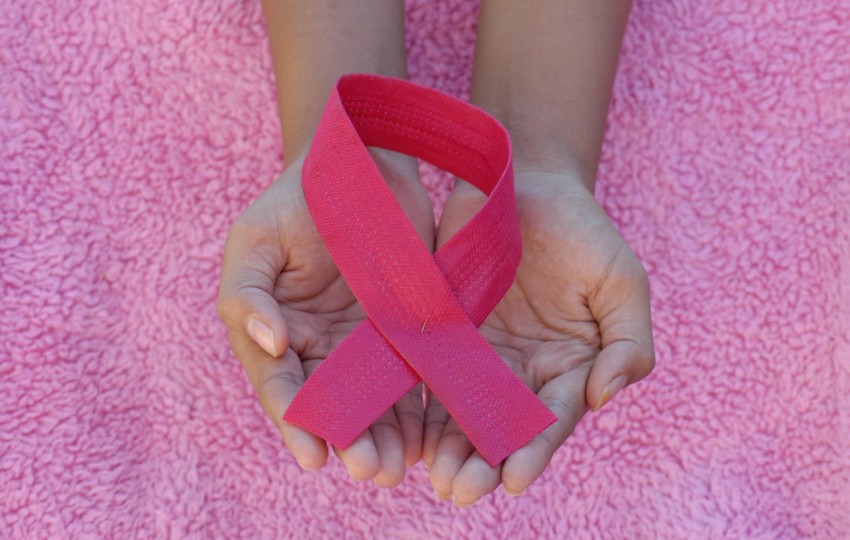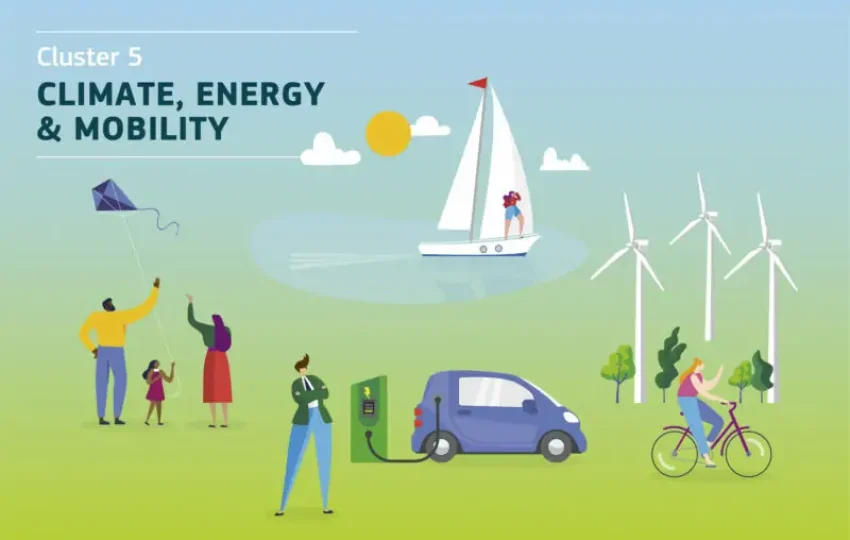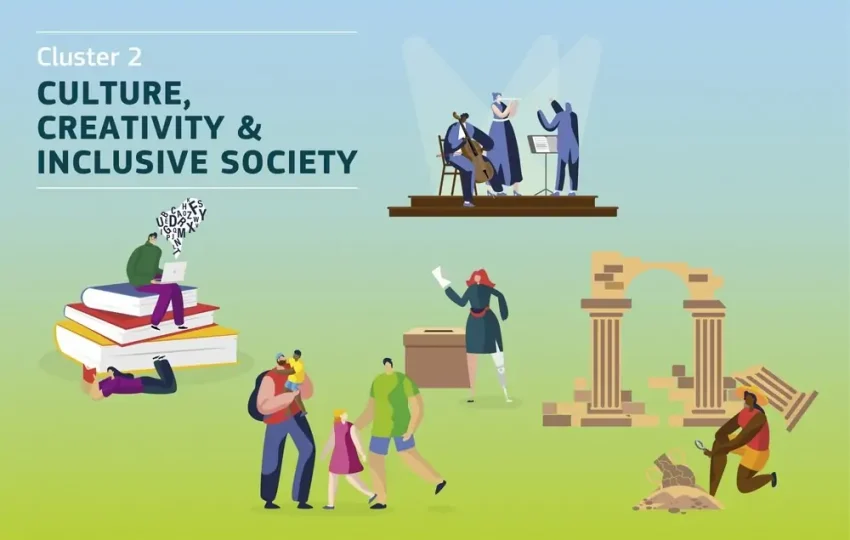Today February 4, is the international World Cancer Day dedicated to raising awareness of cancer encouraging prevention, detection, and treatment. On this important day, we would like to inform you about the EU Missions and to bring you a list of Horizon Europe Cancer Calls that you can find on EUcalls.
Keep on reading to learn what the EU is doing to fight cancer and a list of the existing EU funding opportunities about cancer from Horizon Europe.
The EU Cancer Mission
Cancer is one of the deadliest diseases in the world and the reason of about 10 million of deaths every year. It can affect everyone irrespectively of age, gender or social status and it is a very tough situation both for patients and their caretakers.
Unfortunately, cancer rates are on the rise, and for that reason, it has become one of the EU’s priorities for urgent and concrete solutions. This prioritisation of cancer can be seen from the fact that beating cancer is one of the 5 EU’s Missions alongside other pressing challenges like climate change, water restoration, climate-neutral and smart cities, and soil health.
These missions are a novelty of the Horizon Europe Programme setting out the EU funding strategic plan for research projects in 2021-2027.
The objectives of the EU Cancer Mission are the following:
- Understanding of cancer
- Prevention and early detection
- Diagnosis and treatment
- Quality of life for patients and their families
5 Horizon Europe Cancer Calls
Title: Setting up a European Electronic Health Record Exchange Format (EEHRxF) Ecosystem
Programme: HORIZON-HLTH-2022-IND-13-05
Budget: € 2,000,000
Description: This topic aims at supporting activities that are enabling or contributing to one or several expected impacts of destination 6 “Maintaining an innovative, sustainable and globally competitive health industry”.
Scope: Interoperability of Electronic Health Record is key for the exchange and the portability of health data in view of better health outcomes and treatments. The EU has supported projects to ensure cross-border sharing of health data and, in 2019, adopted a Recommendation on EEHRxF. There is a need to continue supporting the uptake of new use cases (i.e. laboratory results, medical imaging and reports, and hospital discharge reports) and take on board possible new requirements, and ultimately to bring together policy actors and stakeholders.
Deadline: 21/04/2022
Title: Integrated surveillance system to prevent and reduce diet-related non communicable diseases (NCDs)
Programme: HORIZON-CL6-2022-FARM2FORK-01-10
Budget: € 11,000,000
Description: In line with the European Green Deal priorities and the farm to fork strategy for a fair, healthy and environmentally friendly food system, as well as with the EU’s climate ambition for 2030 and 2050, the successful proposal will support R&I aiming to reduce diet-related non-communicable diseases (NCDs). It will contribute to the transformation of food systems to deliver co-benefits for climate (mitigation and adaptation), environmental sustainability and circularity, dietary shifts, sustainable healthy nutrition and safe food, food poverty reduction and empowerment of communities, and thriving businesses.
Scope: Unsustainable and unhealthy diets, with an increased demand for livestock products and calorie-dense and nutrient-poor foods that are often highly processed (high in calories, sugars, sodium/salt, saturated fat and alcohol, and low in wholegrains, fruits and vegetables, legumes, nuts and seeds), are the leading NCD risk factor and a driver of high obesity rates. In Europe, at present, more than half of the adult population is overweight or obese, and children and population groups of lower socio-economic status are the most severely affected. NCDs such as cardiovascular diseases, cancers, chronic respiratory diseases and diabetes are responsible for the deaths of 41 million people each year, equivalent to 71% of all deaths globally. NCDs have a negative impact on both lives and health budgets but are largely preventable through effective interventions that tackle shared risk factors (such as unhealthy diets, physical inactivity, tobacco use and alcohol abuse).
The complexity of the interactions between diet and human health requires multi-level engagement and inter- and transdisciplinary approaches to improve public health and reduce Europe’s major health and economic burden. The development of new societally acceptable approaches/strategies/tools for healthy and sustainable diets that reduce diet-related NCDs requires a systemic approach involving a wide diversity of actors and sectors at different levels (from local to international). These include policy makers and public authorities, health care providers, schools and higher education establishments, food producers and processors, retailers, hospitality and food services (e.g. restaurants, canteens), researchers, non-governmental consumer and patient organisations, science brokers and private individuals.
Deadline: 15/02/2022
Title: Develop new methods and technologies for cancer screening and early detection
Programme: HORIZON-MISS-2021-CANCER-02-01
Budget: € 60,000,000
Description: Prevention is the most cost-effective long-term cancer control strategy. In EU-27 and Associated countries, population-based screening programmes exist for three types of cancer (breast, cervical and colorectal cancer), which are often not risk-based. Screening and early detection should become faster, more precise, accessible and affordable. This requires new, sound methods and technologies, including data analytics tools and computing capacities, as well as a robust communication strategy.
The COVID-19 pandemic with its detrimental impact on cancer screening and early detection has demonstrated the need for new and improved screening and early detection solutions.
Scope: Research is needed to develop and validate non-invasive, or minimally invasive cancer screening and detection methodologies for everyday medical practice and population-based screening programmes, including enhanced participation of the target population. These programmes should become faster, more precise and personalised, affordable and accessible.
Deadline: 26/04/2022
Programme: HORIZON-MISS-2021-CANCER-02-02
Budget: € 54,650,045
Description: Cancer patients and survivors have specific and currently largely unmet needs. These require deeper insights into quality of life aspects, patient preferences and unmet needs so that health and care systems can better address them. This will improve patients’ and survivors’ quality of life and ensure that they can achieve personal and professional goals, including return to work if they wish so, while respecting individual, social and cultural rights and values. New metrics, self-reported evidence from the perspective of those who are affected, and an expanded high-quality data collection and analysis, using appropriate digital tools, are needed to adequately capture quality of life aspects of cancer patients and survivors. This should serve to orient clinical practice as well as health, social care, and employment policies with the goal of delivering innovation and improving the quality of life of cancer patients, survivors and their families to the highest possible levels, and facilitating their return to work and active participation in society.
Scope: The long-term goal of the Mission on Cancer is to support the development of a framework of newly defined, harmonised and systematic surveys, as well as to collect new and update existing quality of life data and registries information, using appropriate digital tools. These surveys should be launched regularly across all countries and be reviewed with researchers, care providers, health insurance companies, industry as well as policy makers so that more timely, supportive and affordable care can be provided and relevant policy measures can be taken.
Deadline: 26/04/2022
Programme: HORIZON-MISS-2021-CANCER-02-03
Budget: € 11,000,000
Description: This topic will contribute to the achievement of the mission’s goal through a better understanding of the impact of risk factors and health determinants on the development and progression of cancer (including metastasis). The focus should be on poorly understood cancers and cancer subtypes, including in children and adolescents.
Health Policy Makers use the improved understanding of risk factors and determinants in the design of cancer-related health policies in the EU-27 and Associated countries and beyond, including for prevention, screening and early detection.
Scope: Despite important progress, overall understanding of cancer remains incomplete, for both common and rare cancers and the growing number of cancer subtypes, including in children and adolescents. This requires a new dimension and level of investment in innovative research, including high-potential, potentially disruptive and high-risk projects. There is a need to better understand which risk factors and determinants affect the development and progression of cancer and how.
Deadline: 26/04/2022
Conclusion
Cancer is one of the leading causes of death and one of the most painful experiences that someone can go through. As cancer endangers millions of Europeans every year, the EU Cancer Mission wants to give researchers the upper hand to beat cancer. In this fight, EU funding like these Horizon Europe Cancer Calls will play a critical role in increasing our knowledge of cancer, improving prevention and early detection, diagnosis and treatment, and the qualify of life for cancer patients and their families.
EU focuses on a lot more things than cancer. If you are interested in more EU funding opportunities, join EUcalls to have access to hundreds of open calls and thousands of reliable partners to collaborate with.


